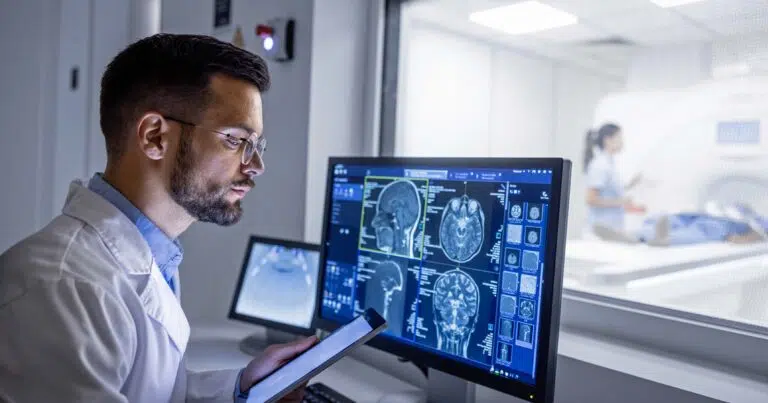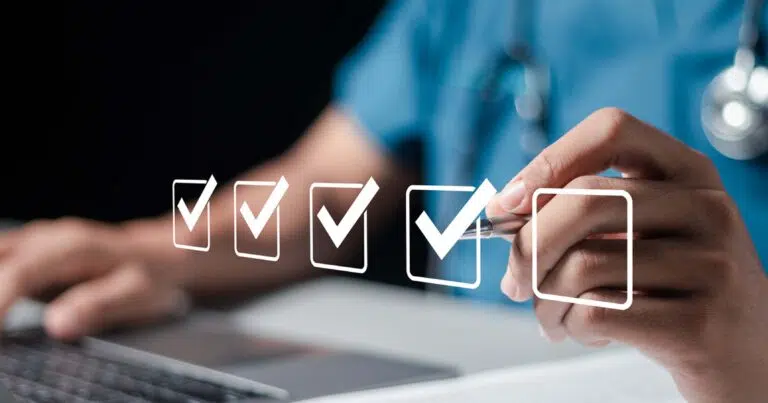Pharmacy Technician Career Guide
Looking for a different career guide?
Overview
Pharmacy Technicians play a vital role in the healthcare system by supporting pharmacists in dispensing medications and providing essential pharmaceutical services. They work in various settings, including retail pharmacies, hospitals, clinics, and long-term care facilities. Pharmacy Technicians assist in medication preparation, inventory management, customer service, and ensuring patient safety. Their responsibilities include receiving and processing prescriptions, counting and labeling medications, compounding medications, maintaining medication records, and providing information to patients regarding medication usage and potential side effects.
Education
To become a Pharmacy Technician, a high school diploma or equivalent is typically required. Formal education and training programs are available, ranging from certificate programs to associate degrees in pharmacy technology. The length of study varies, with certificate programs typically lasting six months to a year and associate degree programs taking approximately two years. These programs are offered by community colleges, vocational schools, and some universities. Additionally, some states may require Pharmacy Technicians to be certified or registered, requiring successful completion of a certification exam.
Qualifications

Skills
Knowledge of medications, pharmaceutical terminology, and dosage calculations.
Proficiency in medication compounding, labeling, and inventory management.
Attention to detail and accuracy in prescription processing and dispensing.
Excellent customer service and communication skills to interact with patients and healthcare professionals.
Familiarity with pharmacy software systems and computer literacy.
Ability to work efficiently and multitask in a fast-paced environment.
Understanding of patient privacy laws and regulations.
Strong organizational and time-management skills.
Ethical and professional behavior, adhering to legal and ethical standards in pharmaceutical practice.
Continuous learning and staying updated with new medications, regulations, and advancements in pharmacy practice.
Responsibilities
Both Staff and Travel Pharmacy Technicians have various responsibilities to support the efficient operation of a pharmacy. These include receiving and verifying prescriptions, preparing medications, compounding medications as needed, labeling and packaging prescriptions, managing inventory, maintaining accurate records, processing insurance claims, providing customer service and assistance, and adhering to legal and ethical standards in pharmaceutical practice. They work under the supervision of a licensed pharmacist, ensuring patient safety and accurate medication dispensing.
Salary Insights
The average salary for a Pharmacy Technician is $1,439.05 per week.
Last updated on March 21, 2025. Based on active jobs on Vivian.com.
Pros & Cons
Pros:
Opportunity to work in a crucial role within the healthcare system.
Job stability and growth in the pharmacy profession.
Shorter education and training period compared to other healthcare careers.
Various work settings, including retail, hospital, and long-term care pharmacies.
Competitive salaries and benefits, depending on the employer and location.
Potential for career advancement, such as becoming a pharmacy manager or specializing in a specific area.
Interacting with patients and making a positive impact on their health and well-being.
Continuous learning and professional development opportunities.
Cons:
Potential for high-stress situations, especially during busy periods or in emergencies.
Standing for long periods and physically demanding tasks, such as lifting heavy boxes of medications.
Exposure to hazardous substances and the need to follow safety protocols.
Limited authority in making decisions regarding patient care.
Work schedules may include evenings, weekends, and holidays.
Possible repetitive tasks and routine work.
Limited direct patient interaction compared to other healthcare roles.
Need to stay updated with changing regulations and insurance requirements.
Becoming a Pharmacy Technician
Some of the content on this page was enhanced using artificial intelligence.
Join over 1 million healthcare workers that are getting a head start with Vivian.
Join Vivian





